Allergies can significantly impact your pet’s health and well-being. And, not only are they uncomfortable for your four-legged friend, but they also are distressful for owners when they know their pet is suffering. The excellent news is that allergies can be effectively managed. Our Neighborhood Veterinary Centers team offers an overview of allergies and secondary conditions in pets and an inspiring story of Junior, a dachshund who overcame his allergies with help from our team.
What are allergies in pets?
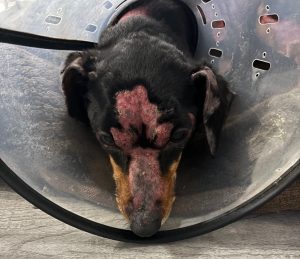
Before we get to Junior’s story, let’s look at allergies closely.
Allergies are immune system reactions to substances in the environment known as allergens. The pet’s overactive immune system signals histamine production, which leads to various skin, digestive, and respiratory conditions. Most allergic pets are reactive to one or more of the following substances:
- Pollen
- Plants
- Grasses
- Dust mites
- Mold spores
- Flea saliva
- Certain foods, such as beef, chicken, corn, dairy, or wheat
While these substances can be responsible for allergies in some pets, others have underlying health conditions that manifest as allergies or contribute to primary allergic responses.
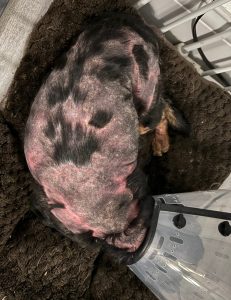
Allergy signs in pets include:
- Itching
- Skin redness
- Hot spots
- Hair loss
- Rashes
- Sneezing
- Coughing or wheezing
- Watery eyes
- Vomiting
- Diarrhea
Because so many allergens can cause an allergic response, our Neighborhood Veterinary Centers team must provide an accurate diagnosis through various tests before treatment can begin and we can get to work on alleviating your pet’s discomfort.
Junior’s allergy success story

When Junior, a lovable dachshund, visited Neighborhood Veterinary Centers, he had hair loss, severe itchiness, and a fever. Our team performed a microscopic examination of his skin and determined he had secondary yeast and bacterial infections. We prioritized clearing the infection, reducing fever and inflammation, and controlling his itching and discomfort. We prescribed antibiotics, nonsteroidal-anti-inflammatories (NSAIDs), antifungals, and Cytopoint, a monoclonal antibody used to treat atopic dermatitis.
Over time, Junior’s skin healed, but his hair continued to fall out and he was almost hairless. To understand the reason for the hair loss, we tested Junior for ringworm, parasites, and endocrine disorders, but the results all were negative. Junior’s hair loss was extremely challenging. Then, Dr. Pope decided to biopsy his skin to test for pemphigus foliaceus. The results were positive. We now had a complete picture of Junior’s condition.
Pemphigus foliaceus, the underlying cause of Junior’s issues, is an autoimmune skin disease in pets, particularly dogs and cats, where the immune system mistakenly attacks proteins in the skin, leading to blisters and lesions on the skin surface. The fragile blisters can easily rupture and lead to crusted or scaly skin and hair loss.
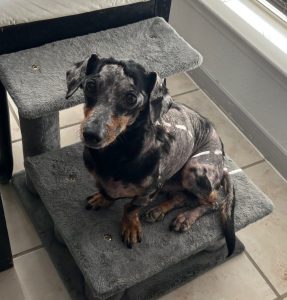
Junior was started on an immunosuppressive dose of steroids for six weeks to keep his body from attacking the hair follicles, and he showed improvement after only a few weeks. He stopped itching, his skin was less flaky, and his hair eventually grew back. Now, Junior occasionally needs steroids for flare-ups, but our team is successfully managing his autoimmune skin disease. We were so happy to see this sweet boy back on his paws, enjoying good health and a better quality of life—and no longer scratching.
Like Junior, many pets develop severe skin conditions, including infections, rashes, and hair loss, if allergies and underlying medical conditions are not treated. If your furry friend has any allergy signs, call our Neighborhood Veterinary Centers team for an allergy consultation and testing. We likely can treat your pet’s allergy issues and give them back a happy, itch-free life.


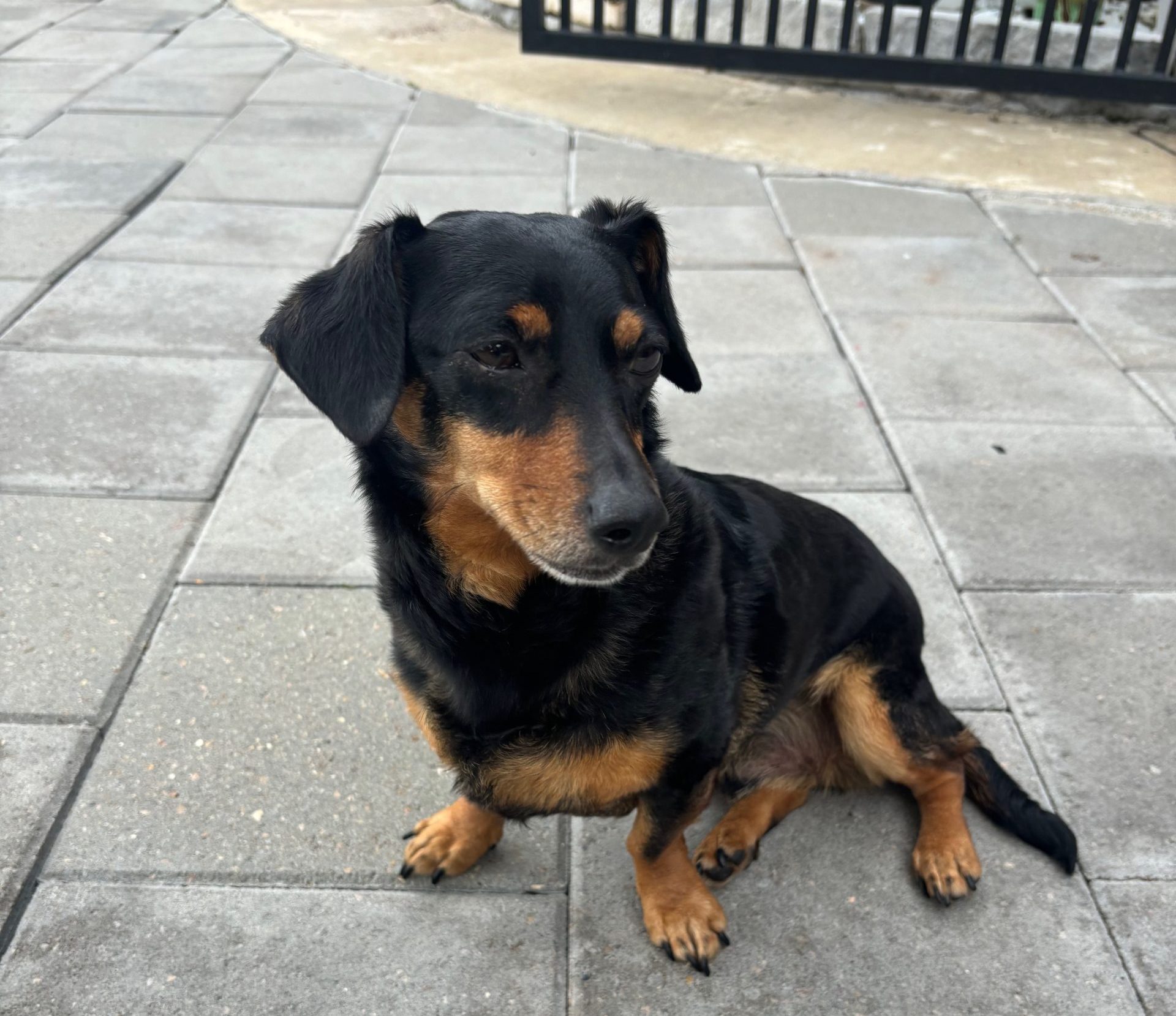


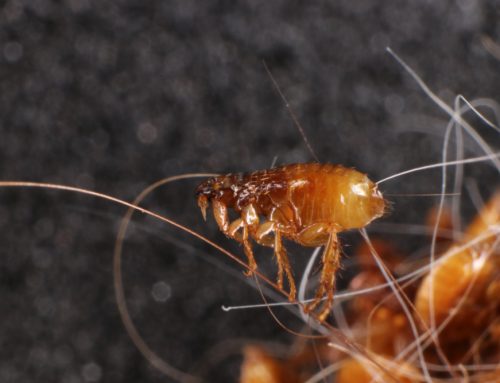
Leave A Comment